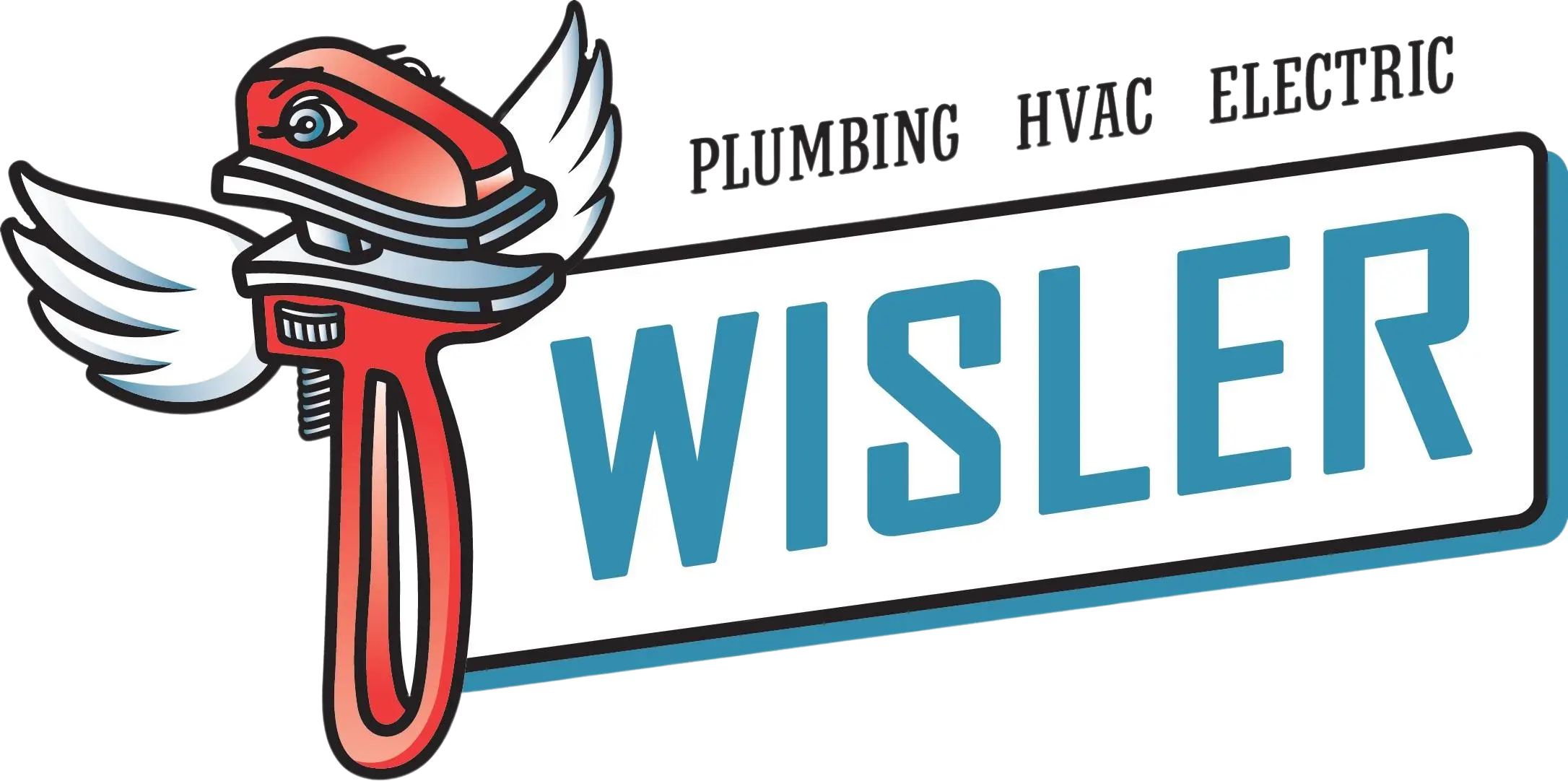Tankless water heaters are often considered as a potential option for homeowners. First, I want to talk about some of the disadvantages: Con #1: Upfront Cost A tankless water heater will simply cost more than a tank water heater. That upfront cost can be a significant challenge to overcome. Con #2: Installation in All-Electric Homes […]






